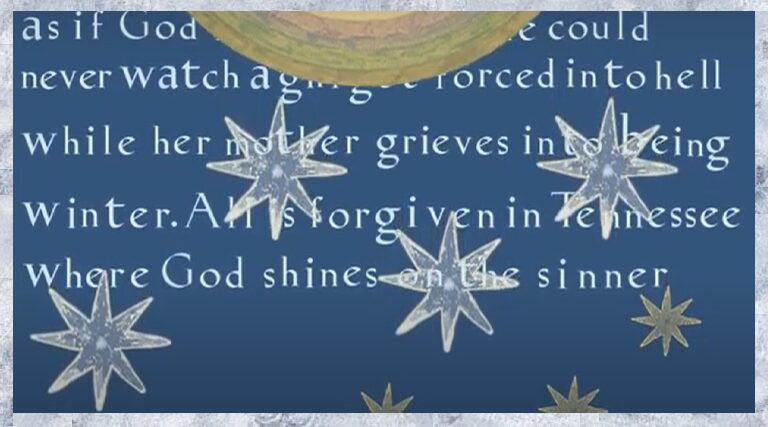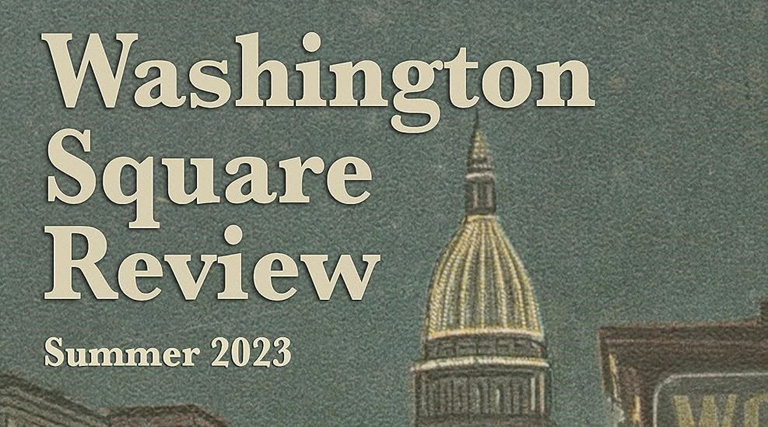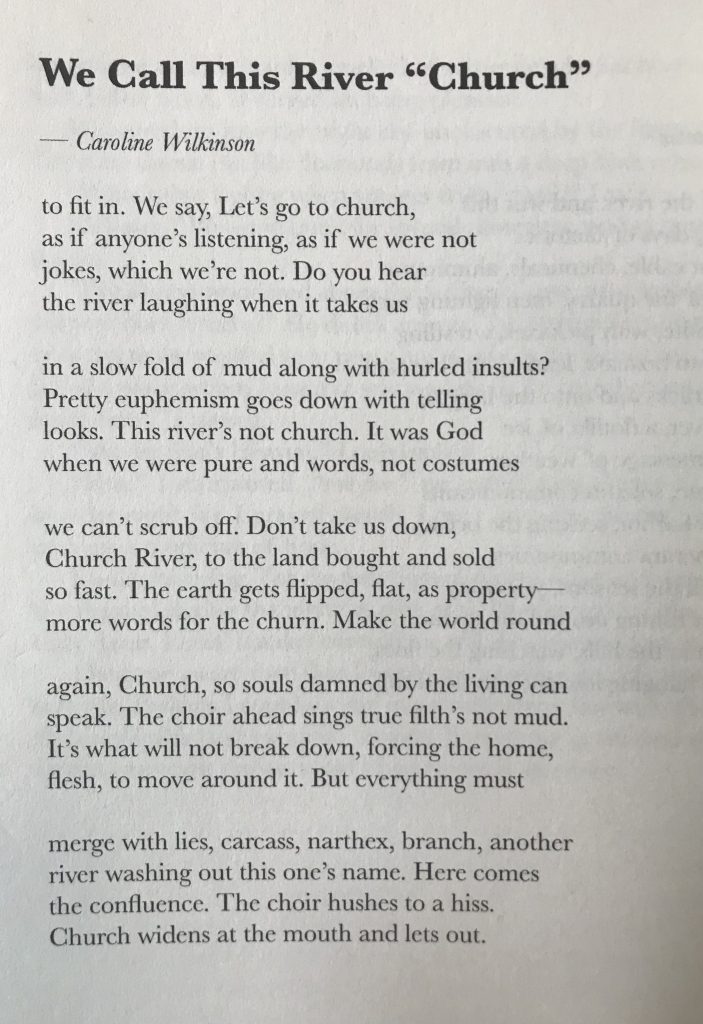Juliet Patterson’s book of poems, Threnody, imparts an intimate sense of annihilation. Its thematic exploration of dying bees ultimately reveals a violence that pushes up against oceans, rivers, and skin. In “Dark Scaffolding,” a “We” draws us inside the poem’s enjambed lines where both words and heat press against the flesh:
The drift
and slip of body along shoreline’s seam
unlocked to day’s heat retracks the ringing
tide. We press our face to its changing ink; cluster
and drone, a blindsight to listening.
In a book in which images from distant wars appear on shorelines, this “drone” written in “changing ink” suggests not only a bee but also a military aircraft or ship. With a “blindsight to listening,” Patterson moves beyond the well-known idea that we cannot grasp destruction as large as global warming or endless war. In Threnody, Patterson offers a more neglected truth: that we sense this violence even when we cannot consciously perceive it.
With its balance between the intimate and the vast, Patterson’s threnody — a poetic form in which the dead are lamented — renders ecological destruction with unexpected, emotional power. The changing oceans suffer a sickness understood by the human body, being “raw, sick and hot.” A grove of pines endures the unfavorable conditions of the era with a sickly promise that pains in its detail:
as if each turgid node
might blossom
and bring, would bring
us as offering,
barter, the armament
and image
of the spray
and spore.
Through clear images that simultaneously evoke the individual existence and our shared earth, Threnody brings global destruction close without reducing the scale of the loss.
I have admired Patterson’s poems for many years, having first read her work in literary journals prior to the publication of her brilliant, debut book, The Truant Lover. In DIAGRAM, I reviewed her chapbook, Dirge, published in the same volume with Elementary Rituals by Rachel Moritz whose haunting book, Night-Sea, I also wrote about on this website. Threnody is available from Nightboat Books, which also published Patterson’s The Truant Lover as the winner of the press’s book contest judged by Jean Valentine.
12.2.2021


